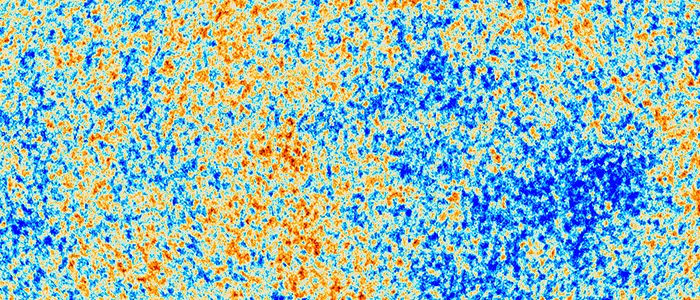
The last chapter wraps things up nicely and addresses some other things such as existential threats to Earth and the existence of intelligent life. An artifact of how we perceive having been cloned. And randomness? That's as illusory as time. Like that there are multiple yous, cloned off from the real you (where 'real' is hardly a meaningful concept here) at the various decision points in your life - adopt this dog or that dog, eat Italian or Mexican, tie your left shoe first or your right. What does that mean for us? What are we then? (Insanely complex braids in a four-dimensional spacetime within a mathematical structure.) Are we 'real'? (Yes.) What is time? (An illusion.) Is it even real? (Not in the sense you are likely asking.) Why do we perceive it as flowing? (It's how our minds organize the series of 'observer moments' along our spacetime trajectories.)Īlong the way, you learn even more disturbing implications of the MUH, which in itself is an implication of what we already know about cosmology.

The idea that the ultimate basis of reality is not merely described by math, but is mathematical, literally a mathematical structure, unsettles. Tegmark is respected scientist and did not whimsically arrive at the MUH.
That said, it does not lie so far out of the mainstream one would call it fringe. Tegmark has a history of going against the theoretical physics grain, and the mathematical universe hypothesis does not enjoy widespread support. But, it stuck with me, and so when the host of the Secret History of Western Esotericism Podcast mentioned it while interviewing another philosopher, I decided to finally read Tegmark's book. The second half of the book, where Tegmark presents his hypothesis is fascinating, and I expect will be to anyone who's not familiar with it - as was my case. So, if you skim your way through the first half of the book as I did, you can check the takeaways and make sure you didn't miss anything. Fortunately, Tegmark makes a list of key takeaways at the end of each chapter. But if you've read a lot of these, or otherwise studied astronomy or cosmology, it can be a bit tedious.

This is great if it's only your first or second time reading one, or if you haven't in a while and you need an update/refresher. Like the vast majority of popular cosmology books, this one spends a lot of pages on background.


 0 kommentar(er)
0 kommentar(er)
